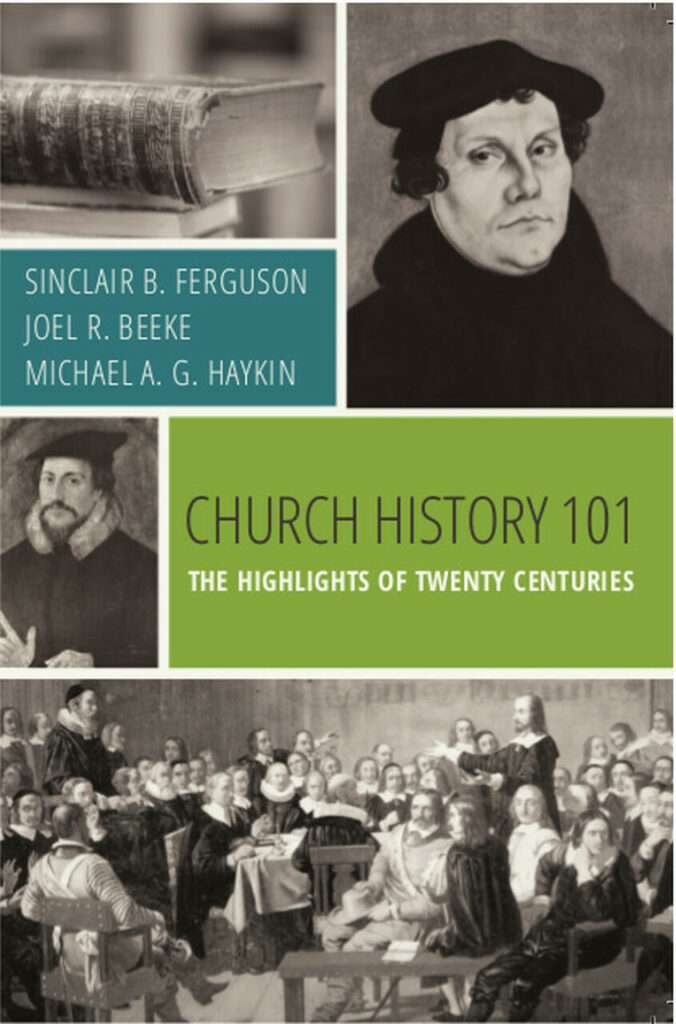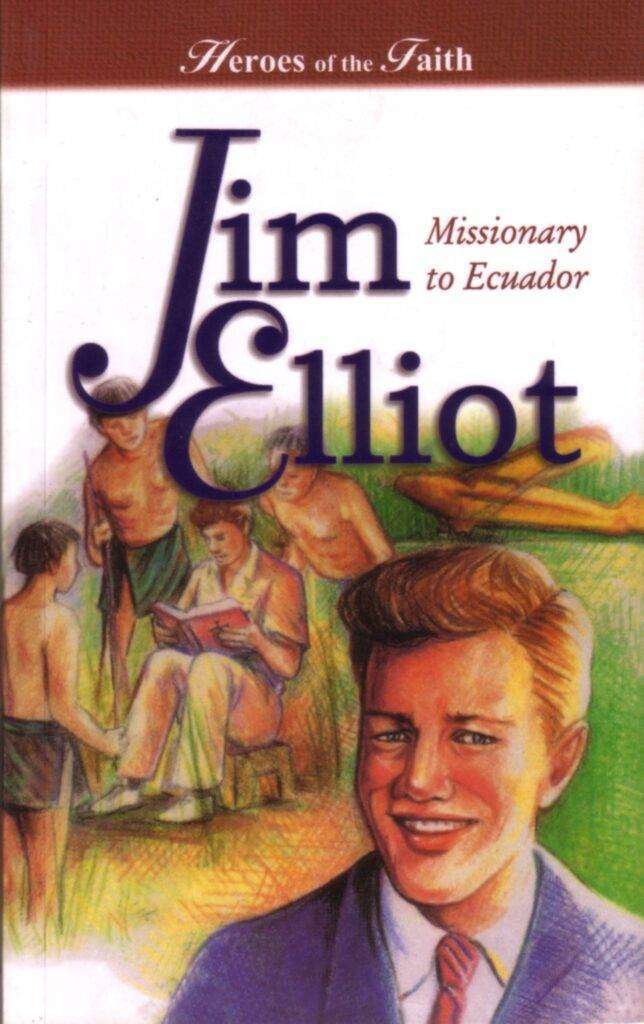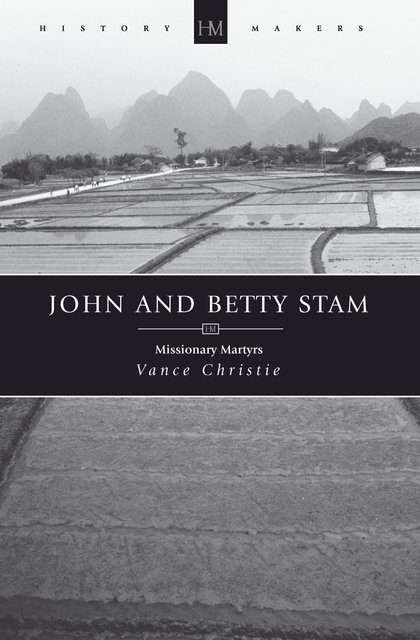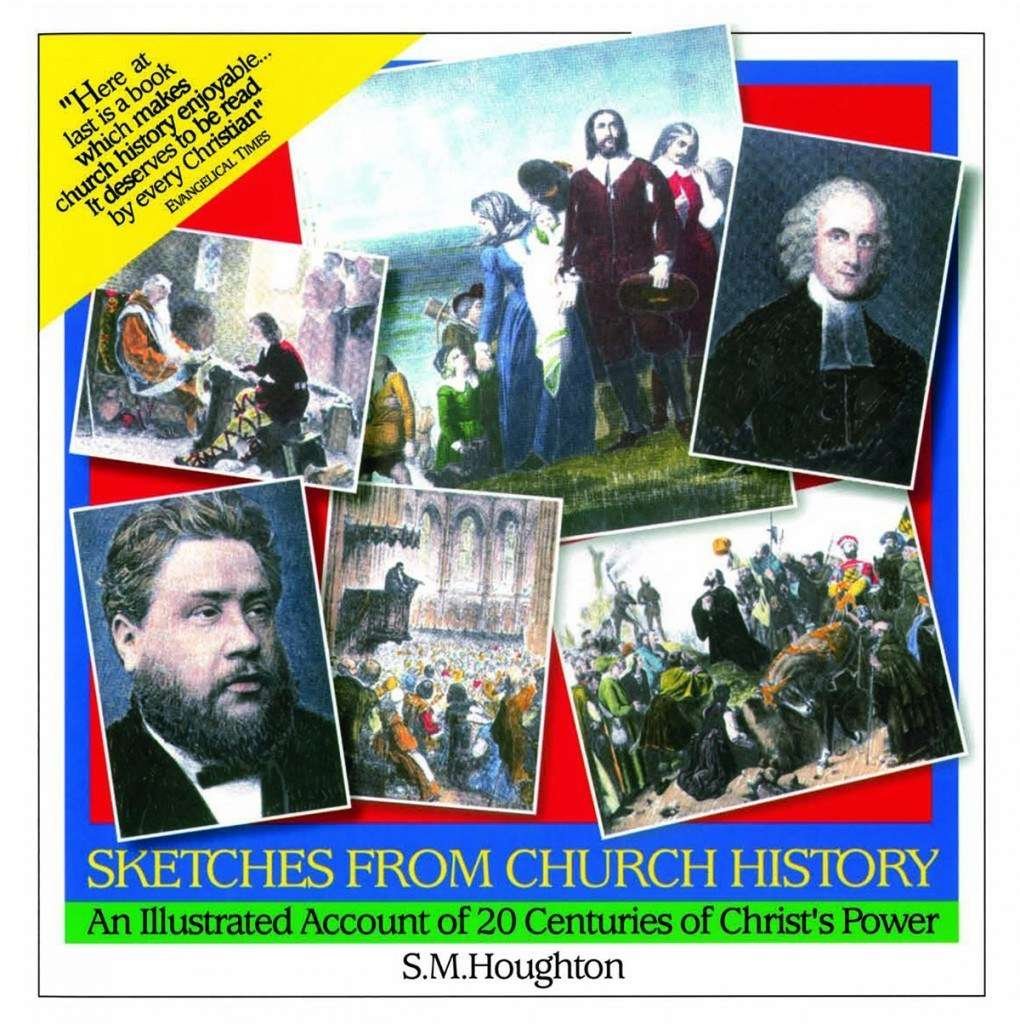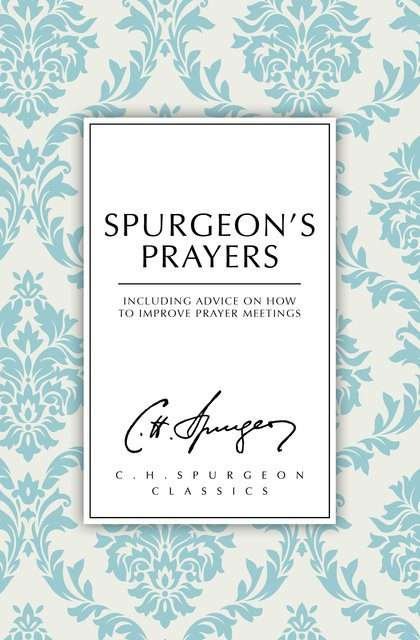The Pastor of Kilsyth introduces us to the life and ministry of William Hamilton Burns (1779– 1859), the father of the better known preacher and missionary to China William Chalmers Burns (1815–68). But while eclipsed in fame by his son, the life and ministry of William H. Burns contains much that is of value to us today. This is reflected by Iain Murray who referred to The Pastor of Kilsyth as a ‘little known work,’ but notwithstanding this said it is ‘one of the best Scottish ministerial biographies.’ Those who give time to read this book will undoubtedly be led to agree with Murray.
The author of The Pastor of Kilsyth was another son of William H. Burns, Islay Burns (best known as a writer, and as the successor to Robert Murray M‘Cheyne in Dundee). He gave three reasons for writing this biography, and they are still helpful in outlining its value. Islay Burns first said that he aimed to introduce his readers to a ‘humble, unobtrusive, loving, cheerfully serious, and quietly conscientious country clergyman.’ What we have here then is the life of an ‘ordinary’ faithful pastor. He held no prestigious pulpit, he held no important professorship in theology. He founded no institution. He simply laboured in relative obscurity, but did so faithfully and with perseverance. Yes, he ultimately saw great revival. But along the way there were spiritually discouraging days in the nation, there was personal hardship (for example, the early death of children) and sacrifice (for example, in supporting the founding of the Free Church of Scotland he gave up his manse and church building) and years of no great visible fruit.
In our celebrity-driven age (from which the evangelical church is far from exempt), this is exactly the kind of life we need to study. We need to be reminded of the beauty, dignity and ultimately the glory of humble, obscure Christian service (Matt. 10:42). Yes, we need the towering leaders of men like John Calvin and John Knox. However, the great work of the church is ultimately carried forward by those who receive little earthly reward and recognition (but great is their reward in heaven!). William H. Burns was one of these, and we need many like him in our day.















